Pakistan’s real estate sector is entering a transformational period in 2025, shaped by two powerful forces: the expansion of REITs Pakistan and the increasing impact of climate risk on long-term property value. For decades, the Pakistan real estate space has relied on conventional investment methods, fragmented financing channels, and unregulated market practices. Structural changes driven by REITs and climate risks in Pakistan real estate 2025 are now pushing the market toward transparency, sustainability, and professional financial models creating new opportunities for both investors and developers.
The Shift Toward Regulated Investment Models
Growing interest in REIT investment opportunities in Pakistan is redefining the investment landscape. A Real Estate Investment Trust allows individuals to invest in large-scale, income-generating assets without directly purchasing land or buildings. As more developers adopt structured models, the sector is finally embracing documented financing methods aligned with international standards.
In 2025, REITs are emerging as a stabilizing force, offering safe entry points for individuals looking for dependable property investment returns. The appeal of REITs lies in their regulated framework, reliable performance metrics, and simplified entry requirements. As the housing market Pakistan expands, these trusts bring clarity and legal assurance for investors seeking predictable yields.
Climate Change and Real Estate 2025
The rising influence of extreme weather conditions is shifting demand across the Pakistan real estate market 2025. Floods, heatwaves, and inconsistent rainfall increasingly affect building lifespan, utility infrastructure, and overall livability. This makes the real estate 2025 environment dependent on environmental resilience.
Many buyers are now prioritizing climate-resilient housing projects in Pakistan, especially in urban zones where infrastructure struggles to handle unexpected weather patterns. Locations with higher elevation, stronger drainage, and sustainable design standards are becoming more attractive as buyers evaluate long-term viability.
Understanding Climate Exposure and Property Value
Growing emphasis on flood risk and property value in Pakistan is pushing developers to innovate. Areas vulnerable to water accumulation, erosion, or drainage failure are witnessing slower appreciation, while newly planned communities with climate-responsive layouts are increasing in demand. Reports also highlight that heat stress is directly affecting older buildings, urging investors to consider environmental durability when choosing properties.
This shift reflects the broader global trend where environmental factors determine land desirability. In Pakistan’s context, the sustainability conversation is no longer optional it is becoming a decisive factor in investment property Pakistan behavior.
Local Impact on Faisalabad’s Real Estate Market
Faisalabad is rapidly evolving as climate pressure and shifting investment trends reshape buyer priorities. With increasing waterlogging issues in several central areas, investors now prefer locations on higher ground with reliable drainage, modern layouts, and stronger infrastructure. As the city expands along major growth corridors, demand for climate-smart planning and sustainable construction continues to rise. At the same time, Faisalabad’s industrial growth and logistics potential position it as a promising destination for future REIT-backed commercial, warehousing, and mixed-use projects. This trend is boosting the value of well-planned and documented developments over traditional speculative properties.
The Role of REITs in Climate-Smart Market Practices
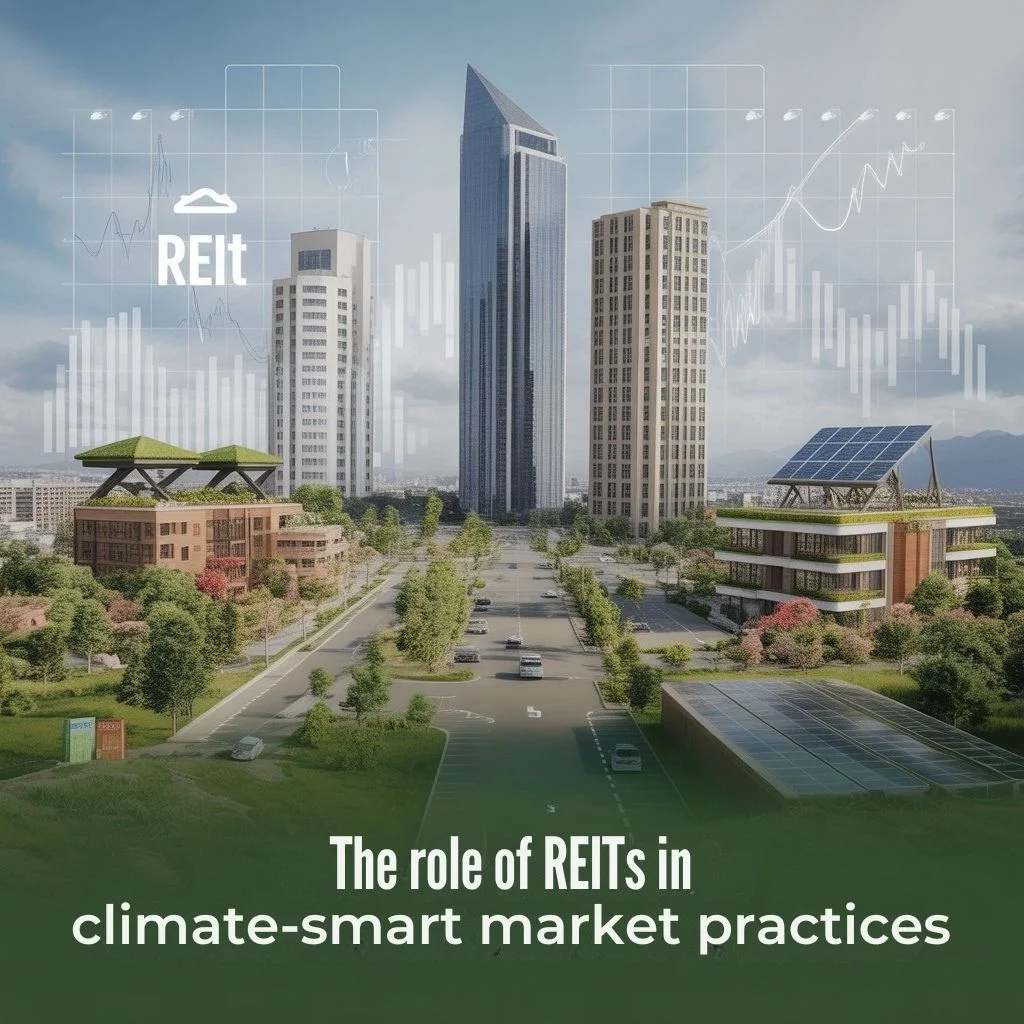
REIT-backed ventures are accelerating the adoption of eco-conscious development principles. For many corporations, integrating sustainable real estate development Pakistan is essential to maintaining investor confidence. Smart architecture, renewable materials, and optimized layouts are becoming preferred building features, particularly within commercial portfolios.
The rise of commercial real estate Pakistan offerings through regulated trusts provides a safeguard against climate-linked losses. REIT managers are required to assess environmental risks thoroughly, compelling developers to avoid vulnerable locations and prioritize resilient infrastructure.
Regulatory Reforms for New Investments
Government reforms supporting real estate financing models and updated policies for the REIT market Pakistan are strengthening investor protection. Real estate regulators are focusing on structural improvements, stricter approval processes, and documentation to minimize speculation.
Efforts to enhance real estate transparency and release modern frameworks are boosting investor confidence Pakistan. These shifts also align with global standards of real estate regulation Pakistan, ensuring that new projects follow safety, environmental, and financial compliance.
Infrastructure and Sustainability Trends in 2025
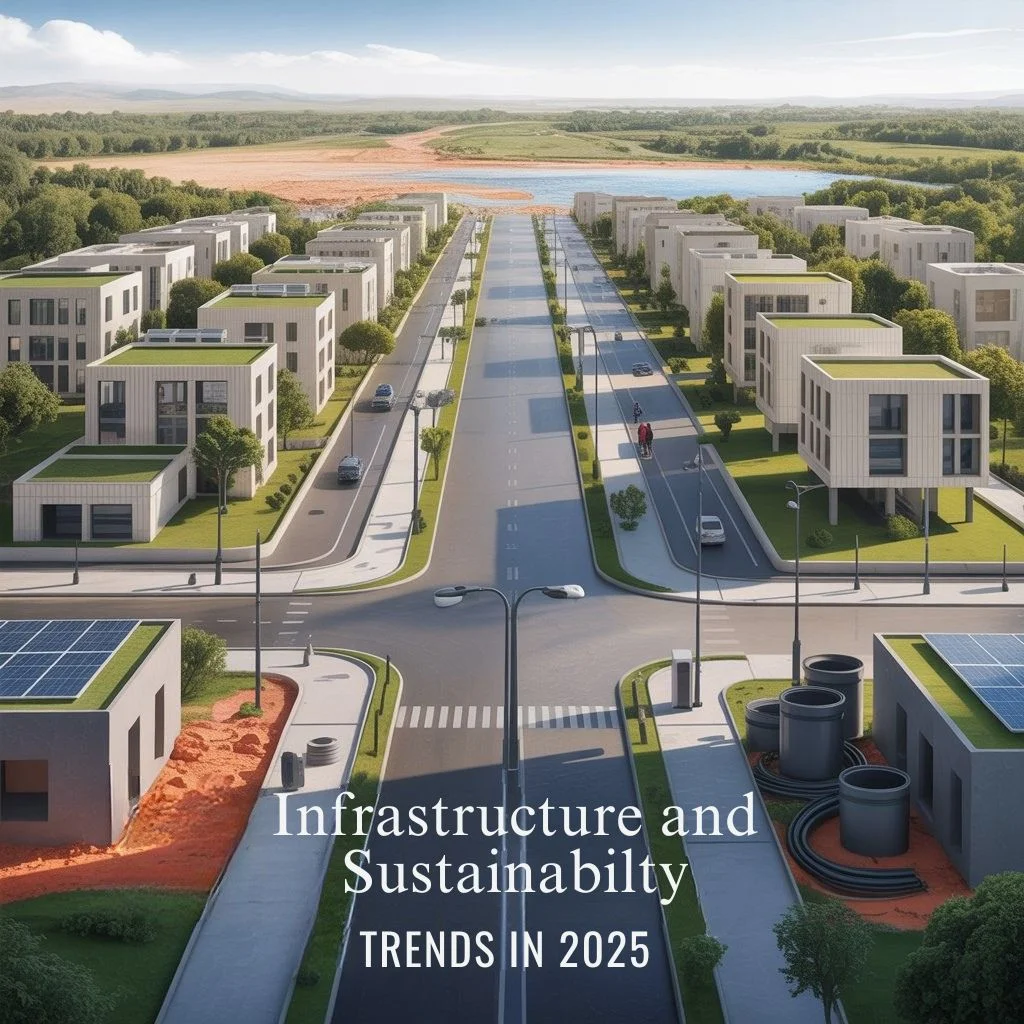
A major component of the evolving market relates to infrastructure improvements shaped by emerging environmental realities. Several new gated communities now incorporate climate-resilient infrastructure, improved drainage systems, and materials designed to withstand rising temperatures.
Urban areas previously affected by waterlogging or excessive heat are witnessing renewed development interest due to infrastructure development 2025 projects. This emphasis on better roads, renovated sewage systems, and modern public utilities directly supports REIT-backed initiatives targeting high-performing regions.
How Climate Change Is Influencing Urban Housing Preferences
With environmental impacts becoming more visible, consumers increasingly value communities that incorporate sustainable building materials and eco-friendly features. Additionally, a growth in awareness around climate change adaptation in housing is motivating younger buyers to choose sustainable homes over cheaper, less-prepared alternatives.
Demand forecasting shows that property demand forecast metrics now include environmental stability assessments. The market is responding accordingly, with developers prioritizing green belts, solar-powered designs, rainwater harvesting systems, and strategic topography planning to reduce environmental vulnerability.
Macro Challenges and Market Risks
Despite significant progress, the sector continues to face issues related to property sector reforms, housing sector challenges, and the evolving nature of real estate risk factors. Environmental uncertainty also poses threats to areas lacking modern planning. As heatwaves grow stronger and rainfall patterns become unpredictable, poorly structured neighborhoods remain susceptible to long-term depreciation.
These challenges underscore the importance of adopting efficient planning standards, especially in the context of growing urban flooding Pakistan incidents and related maintenance burdens.
Emerging Investment Opportunities for 2025
Growing interest in REIT-backed developments and improved climate awareness is creating opportunities for forward-looking investors. Trends show a rise in markets influenced by real estate investment Pakistan, sustainable urbanization, and modern community planning. Investors are leveraging real estate impact of heatwaves and floods in Pakistan insights to make smarter decisions.
Improved transparency, digitization, and expanding commercial zones also signal promising avenues for institutional players and overseas buyers exploring real estate opportunities 2025.
Conclusion
The intersection of REIT growth and climate pressure marks a turning point for the sector. Pakistan’s evolving property landscape is moving toward resilience, regulation, and sustainability guided by professional oversight and environmental demands. This shift ensures safer, future-proof assets, indicating that the future of property investment Pakistan 2025 lies in documented models, planned development, and climate-smart strategies.
As REIT-backed ventures increase and environmental conditions reshape preferences, Pakistan’s real estate is entering a more transparent, disciplined, and sustainable era setting new standards for the next decade of property development.
Want to know more? Check out Pakistan Real Estate Market 2025: Rising FDI Confidence and Property Investment Trends
Like, share and comment: Facebook, Instagram, Youtube and TikTok.

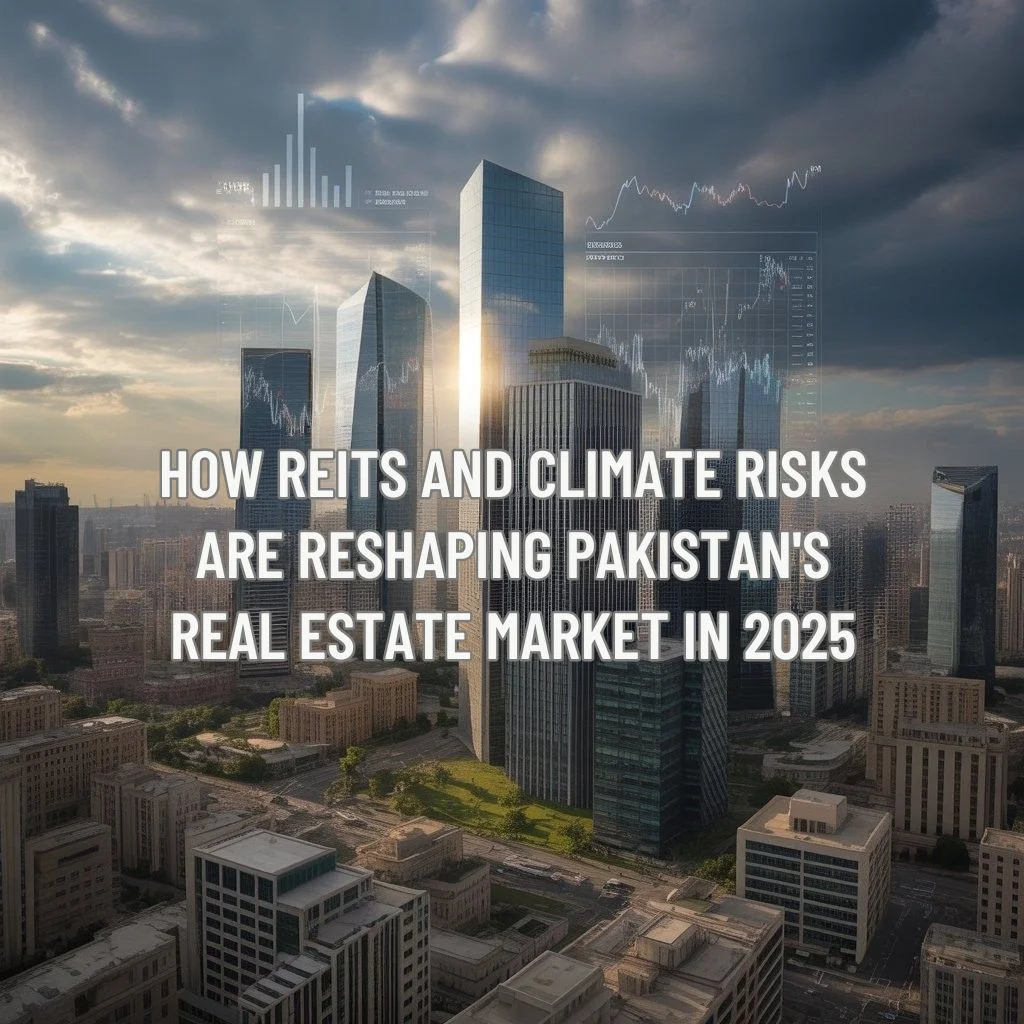
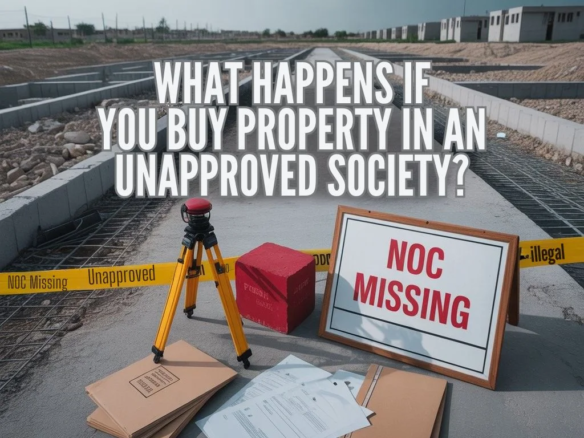
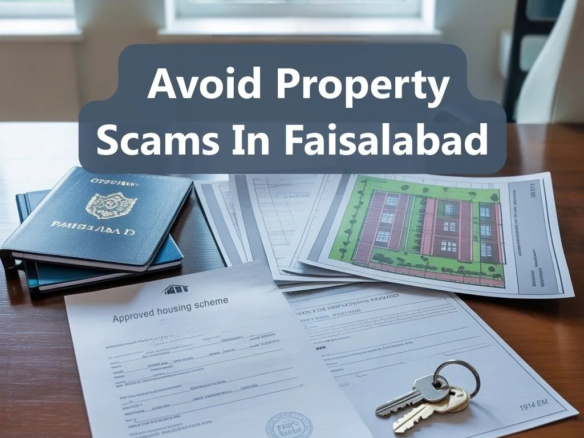
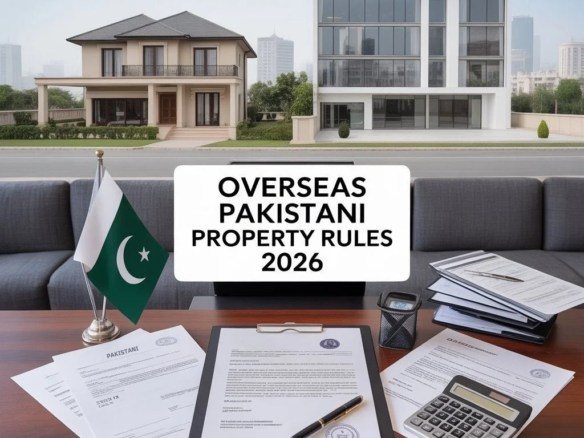
Join The Discussion